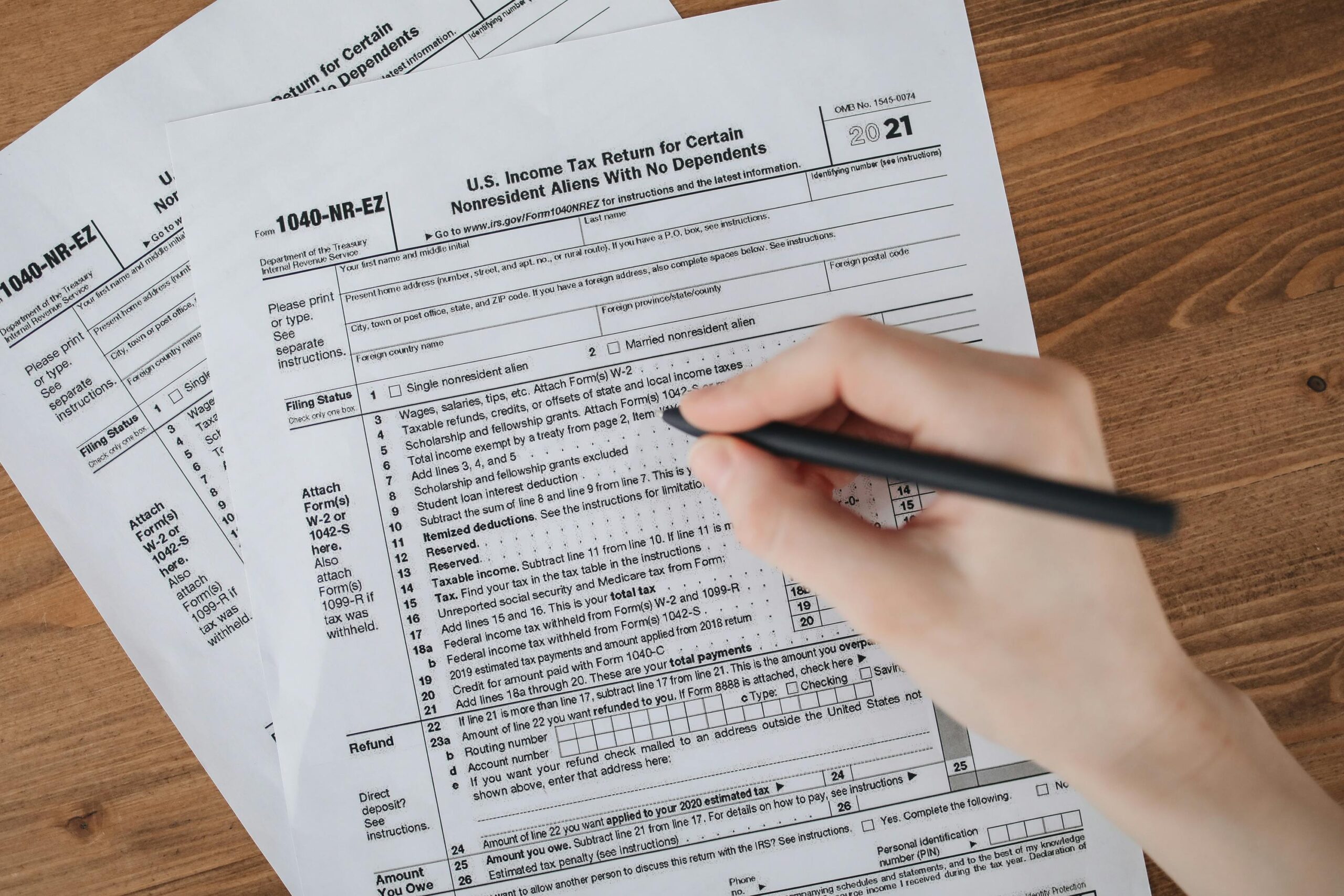Owning a home is often considered a cornerstone of financial stability, but unexpected hardships can quickly make this dream feel out of reach. When faced with job loss, medical emergencies, or other financial setbacks, many homeowners struggle to keep up with their tax obligations. Thankfully, the IRS offers relief options through programs like the tax debt fresh start program, which are designed to help individuals manage and reduce tax burdens. These programs can be a vital resource for homeowners seeking to maintain their financial stability during challenging times.
For many homeowners, tax debt can quickly become overwhelming, especially when paired with mortgage payments, utility bills, and everyday expenses. IRS debt forgiveness programs serve as a form of financial lifeline, easing the burden by offering forgiveness or manageable repayment plans. Understanding how these programs work and how to access them can make a significant difference in preserving homeownership and avoiding further financial distress.
Understanding IRS Debt Forgiveness Programs and Their Importance for Homeowners
The purpose of IRS debt forgiveness programs is to help taxpayers who meet specific financial requirements reduce or avoid paying their taxes. Because tax debt can result in liens on property or even loss of the home, this relief is significant for homeowners. If taxes are not paid, the IRS may place a lien on the home, which makes it more difficult to sell or refinance the property. The most serious consequence of these liens is that they could lead to foreclosure and put the family’s home at risk.
With the IRS Fresh Start Initiative, which encompasses the Tax Debt Fresh Start program, it is simpler for individuals to settle their debts with the IRS. There are options, such as installment agreements and offers in compromise, offered by the IRS to help eligible individuals negotiate their tax debt. For those who own homes, such programs enable them to avoid drawing funds from other household expenses to pay taxes.
Some people find it difficult to contact the IRS when they are experiencing financial difficulties, as they are afraid of being mistreated or facing a complex process. But the IRS designs its debt forgiveness programs to make it easy and helpful for taxpayers, so they are less likely to ignore their debts. Dealing with the IRS in advance and considering available forgiveness programs allows homeowners to manage their financial problems and feel less stressed.
Practical Benefits of IRS Debt Forgiveness for Homeowners Facing Hardships
One significant advantage of IRS debt forgiveness is that it protects your wages and other assets from being seized to pay debts. Having sufficient income and credit is vital for paying the mortgage, as well as covering everyday expenses, for homeowners. Lower or forgiven tax debt allows families to spend their money on necessities and avoid debt collection by the IRS.
Additionally, IRS debt relief programs are designed to prevent homeowners from having to navigate the time-consuming process of tax court. Being in debt can lead people to put off taking care of their taxes, even when they get notices. This, however, results in harsher fines and increased expenses. Homeowners can resolve their IRS debts through official forgiveness programs, which may allow them to save a significant portion of the money they would have paid in interest and penalties.
Such programs keep your credit score in good condition, which matters for homeowners who want to refinance or access urgent money. Having a tax lien or unpaid IRS debt can reduce your credit score and limit the types of financial products you can get. By utilizing tax debt forgiveness programs, homeowners can avoid harming their credit and remain open to future economic opportunities.
Knowing that a solution exists offers considerable psychological comfort. Being short of money tends to cause anxiety and sleepless nights, mainly when people are worried about their house. IRS forgiveness programs help individuals understand the following steps and provide them with practical assistance. With this peace of mind, homeowners can concentrate on fixing their finances and ensuring their families are protected.
Those with financial difficulties should always consider IRS programs that can help them manage their taxes and prevent eviction. The Tax Debt Fresh Start Program is designed to reduce debt, stop foreclosures and liens, and help you maintain financial stability. Knowing these solutions helps homeowners handle challenges confidently and start recovering their finances in the long run. Seeking advice from a professional and acting quickly enables you to obtain IRS forgiveness and preserve your path to homeownership.














